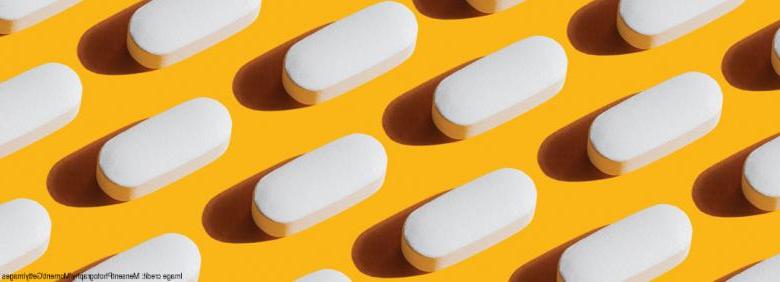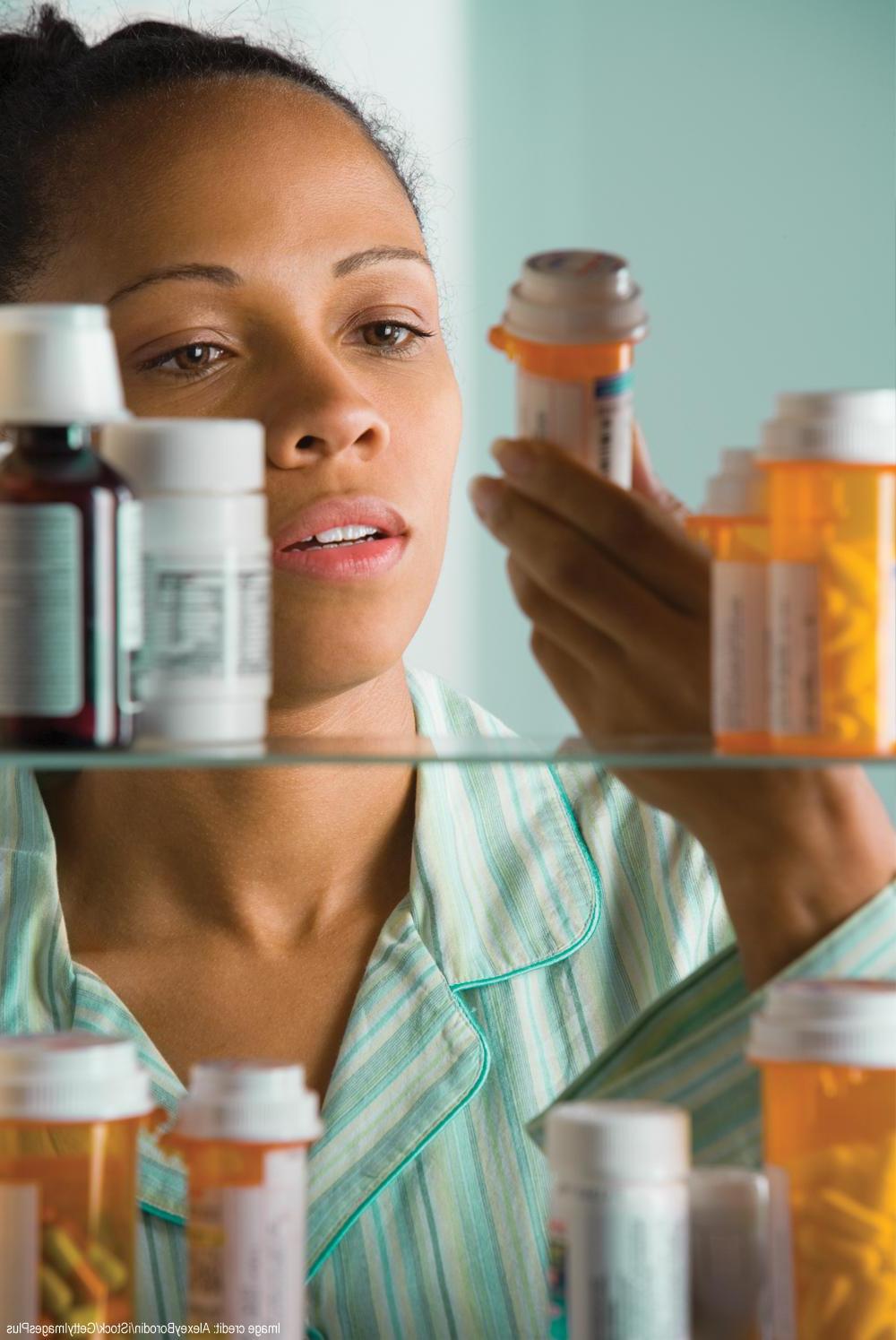You are here

Medicine Cabinet Makeover
Get rid of expired medications
by Betsy Lynch
 Many of us may not remember exactly what’s in our medicine cabinets, or just how long those products have been there. But our tendency to hold on to expired medications “just in case” is neither advisable nor safe, says UCHealth’s Gina Harper, clinical coordinator for Poudre Valley Hospital’s Department of Pharmacy. Harper recommends that we take inventory at least once a year and clear out anything that’s past its prime or no longer prescribed.
Many of us may not remember exactly what’s in our medicine cabinets, or just how long those products have been there. But our tendency to hold on to expired medications “just in case” is neither advisable nor safe, says UCHealth’s Gina Harper, clinical coordinator for Poudre Valley Hospital’s Department of Pharmacy. Harper recommends that we take inventory at least once a year and clear out anything that’s past its prime or no longer prescribed.
Prescription and over-the-counter (OTC) medications are sold with expiration dates for a reason. For starters, the potency and power to produce the desired result of what’s in the bottle changes over time. This is especially true once drugs leave the pharmacy. We tend to keep medications in bathrooms, kitchens, and cars, where changes in light, temperature, and humidity can take a toll on active ingredients.
“We don’t really know how drugs age over time,” Harper says, noting that cool, dry, dark, child-proof closets, cupboards, or drawers are better storage options—as long as you won’t forget to take your meds.
Body chemistry and health concerns also change. Perhaps your doctor has prescribed new medications and eliminated others. Avoid bad drug interactions by keeping prescriptions current and taking only what your health-care providers have approved.
Of special concern are painkillers, opioids, and other potentially addictive medicines. If you no longer need a prescription, pitch it—properly, of course. You’ll eliminate the temptation to self-medicate, and keep children or other adults from taking them.
“The goal is to prevent prescription medications from falling into the wrong hands and to keep drugs from being misused or abused,” Harper says.
In Larimer County, expired pharmaceutical drugs are treated as hazardous waste. Flushing medications is not advised. Nor is simply tossing them in the trash. That’s because chemicals can leach into groundwater or circulate through the municipal water system with no way to filter them.
The best method for disposal, Harper says, is to deliver unwanted medications to authorized drug take-back sites. She offers the following tips to make handling safer for everyone:
- Transfer tablets, capsules, powders, and gummies from their original bottles into resealable plastic bags.
- Resist the temptation to dump liquids down the drain. Leave them in their original bottles, make sure the cap is screwed on tight, and then put the container into a resealable plastic bag.
- Handle ointments, creams, gels, and patches the same way. Place the original tube, package, or dispenser in a resealable plastic bag.
- Remove labels or completely black out any patient or prescription information on bottles and packaging.
- Recycle empty prescription bottles.
- If you can’t get to an authorized disposal site, consider a product like DisposeRx, which makes the medication unusable. The sealed packets can then go to the landfill.
Harper understands the human impulse to squirrel away medicines. Prescription drugs are expensive. Yet she hopes cost concerns won’t cloud people’s judgment. Disposing of outdated medications is potentially lifesaving—and community drug take-back programs make it easy to dispose of medications properly.
| Every Day is "Drug Take-Back Day" |
|---|
|
Special drop-off sites in Larimer County are available year-round.
|